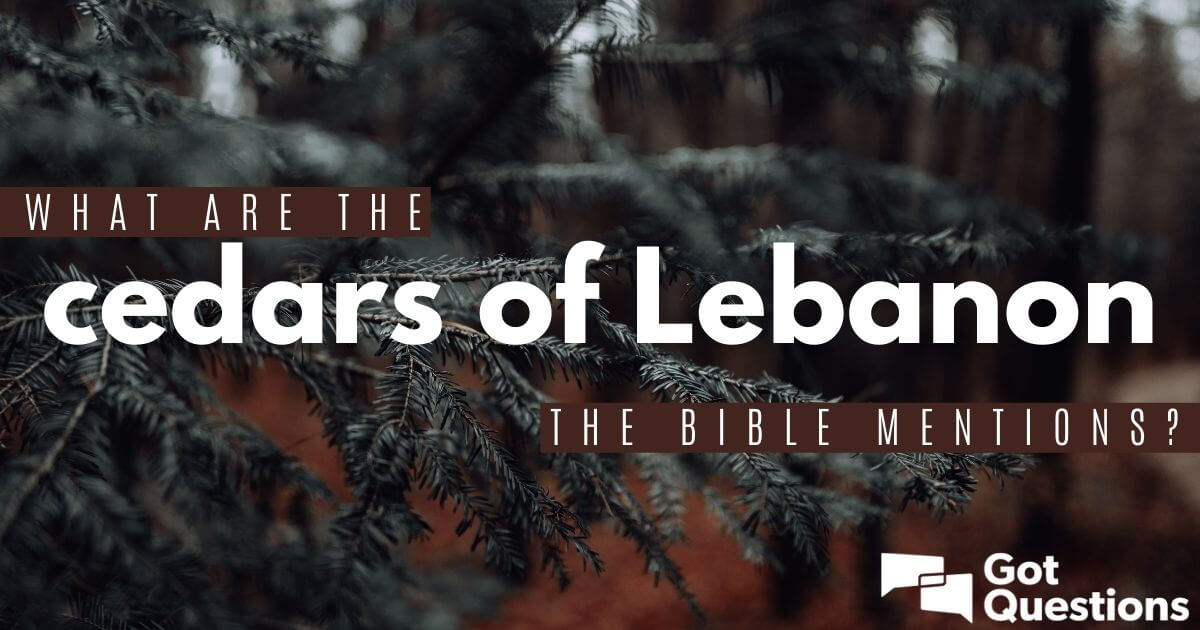" Most scholars suspect that the phrase refers to a set of two objects used by the high priest to answer a question or reveal the will of God.[1][2]"
Very interesting
" consequence, Urim and Thummim has traditionally been translated as “lights and perfections” (by Theodotion, for example), or, by taking the phrase allegorically, as meaning “revelation and truth”, or “doctrine and truth”"
&
" In accordance with the belief that Urim and Thummim translates to “Light and Truth”, the Latin equivalent Lux et Veritas has been used for several university mottoes. For example, Lux et Veritas is the motto of Indiana University and the University of Montana. Similarly, Northeastern University’s motto is Lux, Veritas, Virtus (“Light, Truth, Virtue”). Urim and Thummim itself is emblazoned in Hebrew across the open book pictured on the Yale University coat of arms, and the translation Lux et Veritas appears below on a banner.["
Love it.
That was the synchronicity for me, it came to mind and made me think of you for both trees.
Just saying its not like a stop sign or fire hydrant. When I think of the 5 surrounding towns by me, I cant think of any other homes that have had a tree with the added face.
“Green men’ are faces with foliage sprouting from their mouths and are a common feature found in many medieval churches, although they have been found in important buildings since Roman times. There are said to be around 100 green men inside and outside Rosslyn Chapel. Historically, the green man symbolised the capacity for great goodness and the parallel scope for significant evil. The vines or foliage sprouting from the mouth are said to represent nature’s growth and fertility.”
Very interesting, had never heard of green men before. Sounds like this depiction may have been drawing from Roman or Druid beliefs?
This link was amazing, thank you!:
" n ancient times, cedar wood was especially desirable for its aromatic qualities as well as its resistance to decay and bugs. Lebanon was known for its magnificent cedars and was once heavily forested with them. Cedar was a major export and source of wealth, although, in more recent years, Lebanon has faced deforestation. Even today, the image of a cedar tree is found on the Lebanese national flag.
In Ezekiel 31, Assyria is compared to a cedar of Lebanon and described thus: “Beautiful branches overshadowing the forest; it towered on high, its top above the thick foliage. The waters nourished it, deep springs made it grow tall; their streams flowed all around its base and sent their channels to all the trees of the field. So it towered higher than all the trees of the field; its boughs increased and its branches grew long, spreading because of abundant waters. All the birds of the sky nested in its boughs, all the animals of the wild gave birth under its branches; all the great nations lived in its shade. It was majestic in beauty, with its spreading boughs, for its roots went down to abundant waters” (verses 3–7). The symbolism of the cedar points to the former greatness of Assyria, as it towered magnificently over the other nations of the earth.
Cedar is mentioned throughout the Old Testament as an item of luxury and wealth. David used cedar wood in building his palace (2 Samuel 5:11; 7:2), and it was also used in building the temple (1 Kings 5:6; 2 Kings 19:23), which was almost completely paneled with cedar (1 Kings 6:6, 16, 18, 20, 36). Solomon used it in his Palace of the Forest of Lebanon, with cedar columns, beams, and roof (1 Kings 7:2). It was also used in the construction of the second temple (Ezra 3:7). The abundance of cedar was seen as a sign of prosperity (1 Kings 10:27; 2 Chronicles 1:15.) David and Solomon acquired their cedar from Hiram, king of Tyre, a city in Lebanon (1 Chronicles 14:1; 2 Chronicles 2:3, 8) where the best cedar was to be found.
The fact that God planted the cedars in Lebanon was a sign of His power and goodness (Psalm 29:5; 104:16). His ability to break or burn them is a sign of His power to judge (Zechariah 11:1; Isaiah 2:3; 14:8). Jeremiah warned the king of Judah that, although he rested in a house of cedar—figuratively calling his residence “Lebanon”—he would not escape judgment (Jeremiah 22:14–15, 23).
The cedars of Lebanon were a gift from God and a source of wealth for Lebanon, the cities of Tyre and Sidon especially benefitting from their export (1 Chronicles 17:1, 6; 22:4). Although Tyre and Sidon were on friendly terms with Israel under David and Solomon, in later years they became enemies, and Tyre rejoiced over the fall of Judah. Therefore, God promised judgment (Ezekiel 26).
The cedars of Lebanon should remind us that every good gift comes from God,"
i hrow mint too 
Very cool. As I said before, the knowledge and wisdom held in the night sky is the gift that keeps on giving… 


![]()
![]()
































